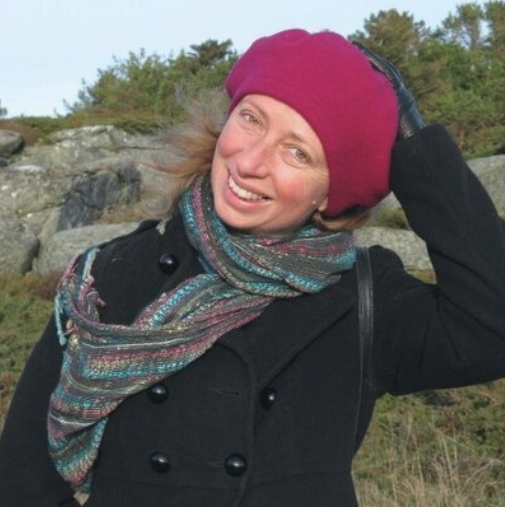
Joint invited paper speakers are:
Nicola Reynolds and Dr Zelda Di Blasi
Virtual Coaching Encounters: Comparing Online with Telephone Walking Coaching
Abstract
Background: The global pandemic has changed the way we coach. Moving away from sitting down in an office for a face-to-face coaching session, digital coaching has become more common, and increasingly coaches have started to use walking-coaching, including remote (telephone) walking coaching, as part of their practice. Little is known about the effects and experiences with these approaches to coaching.
Aim: This study compared the experience of virtual coaching online and coaching over the telephone, while walking in nature.
Method: A mixed-methods single-arm repeated measures within subject design was used. Participants included six coachees and six coaches who participated firstly in an online coaching session and subsequently, in a telephone session, while walking in nature.
Levels of vitality, positivity, and well-being were measured pre- and post-coaching sessions, among both coaches and coachees. Measures used included Wellbeing (WHO-5, Wellbeing Index), Vitality (Subjective Vitality Scale, Ryan & Fredrick, 1997, Mood (Positive and Negative Affect Scale, PANAS, Watson, Clark & Tellegen, 1988). Mixed ANOVAs were used to analyse quantitative data.
All six coaches participated in semi-structured interviews conducted using the online Teams platform, and thematic analysis was used to analyse the qualitative data.
Results: Levels of well-being and vitality increased significantly following both types of coaching encounters, however there was no difference between online and telephone walking coaching.
Qualitative interviews conducted from the coaches resulted in four major themes: (1) Communication; (2) Energy; (3) Relationship with nature; and (4) Distractions.
Conclusion: In this pilot study, coaching virtually and walking in nature were found to equally enhance well-being and vitality. Coaches shared their experience of coaching online and in nature, in relation to how they communicated, their energy, their relationship with nature and levels of distraction. All coaches stated that they would continue to adopt walking coaching in the future. The results indicate the need for future studies to evaluate the effect and experience of alternative coaching encounters in larger randomized controlled trials. This study adds to the coaching research, by addressing a gap in the qualitative literature studying the experiences of the coaching practitioner. The consequences for coaching practice are discussed along with future research and interventions.
Nicola Reynolds has a Masters in Positive & Coaching Psychology from University College Cork, Ireland. She is a Psychology Coach and is passionate about making a positive difference in people’s lives. Nicola is not just your typical psychology coach; she’s a dynamic professional who thrives on bringing the transformative power of coaching into the natural world. Her passion for coaching extends beyond traditional office settings, as she combines her coaching with the rejuvenating influence of nature.
Dr Zelda Di Blasi is a Chartered Psychologist and a Wellness Coach, with a Doctorate in Health Sciences (University of York), and a Masters of Psychological Science (University College Galway). Funded by the National Institute of Health, her post-doctorate training was at the Osher Institute of Integrative Medicine and the Department of Psychiatry at University of California San Francisco, USA.
She currently lectures at the School of Applied Psychology, University College Cork, where she directs a Masters of Positive & Coaching Psychology. With over 35 publications in leading medical, psychological, and coaching journals, including the Lancet and the British Medical Journal, Zelda is passionate about studying, teaching, and practicing integrative approaches to wellbeing. More recently, this has involved researching the role of coaching while walking in nature.
Zelda is consulting editor to the International Journal of Coaching Psychology, member of the International Advisory Board of the International Centre for Coaching Psychology Research, and in the International Editorial Board of the Journal of Eco-Psychology.